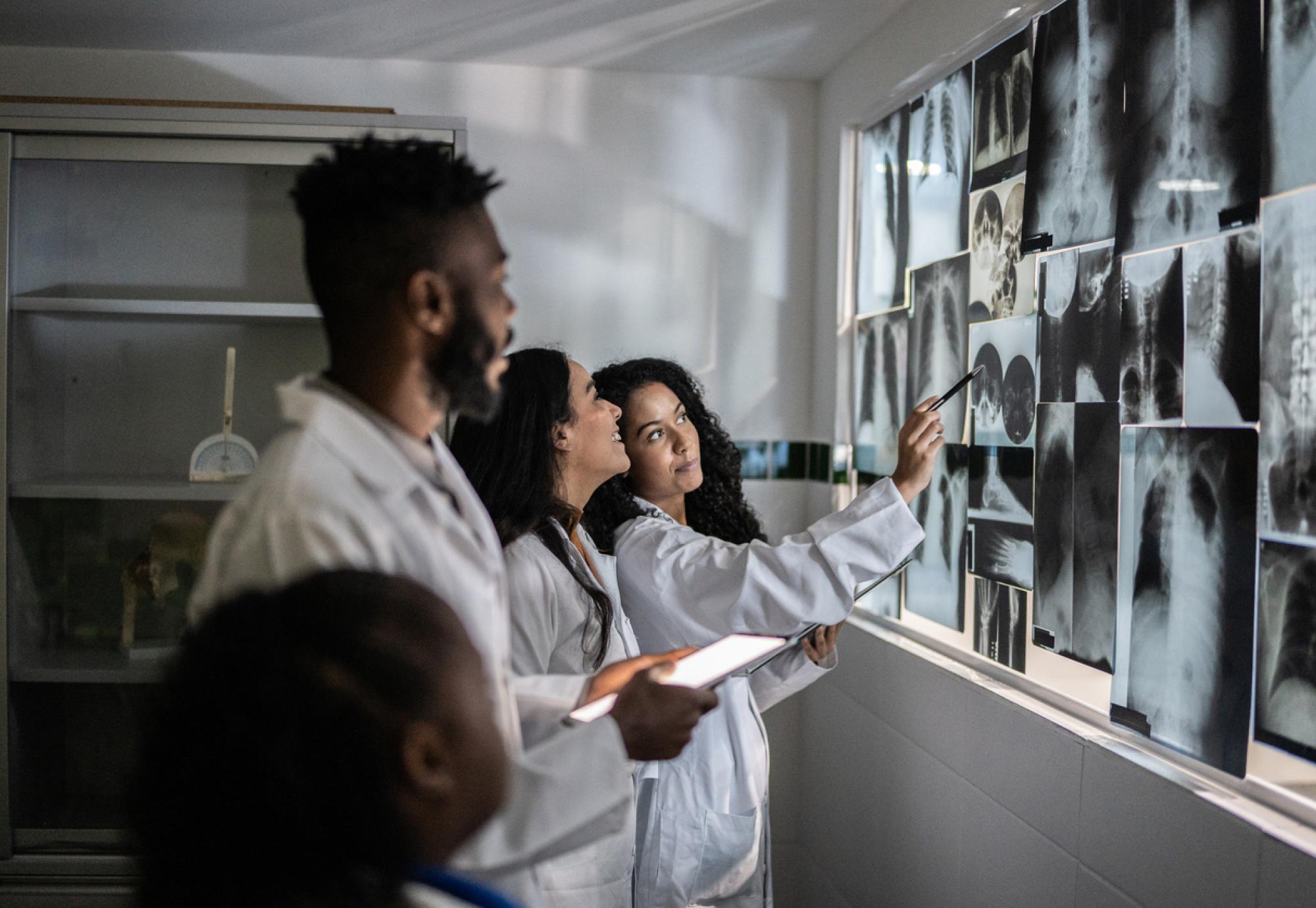Nine new artificial intelligence (AI) technologies could be set to streamline patient pathways thanks to new draft guidance from the National Institute for Health and Care Excellence (NICE).
The news, which represents the first time NICE has recommended AI to help health professionals in their role, could support up to 100,000 hours of saved clinical time.
The guidance will speed up the process in which radiographers outline healthy organs prior to radiotherapy treatment – also known as contouring. This is done so the treatment avoids healthy cells and only impacts the site of the cancer.
Any contours created by AI must still be reviewed manually and edited as necessary, although evidence seen by NICE indicates that AI generally performs at the same level as experts, with only minor adjustments usually needed.
Very encouraging to see this positive @NICEComms recommendation for #AI tech.
— Steve Barclay (@SteveBarclay) August 11, 2023
Embracing innovation will keep the NHS fit for the future — and these tools have the potential to improve patient care.
That's why smart use of tech is a key part of our NHS Long Term Workforce Plan. https://t.co/qAc44mJit7
While experts advising NICE’s independent committee estimated the time saving to fall between 10-30 minutes, clinical evidence suggests the figure may be closer to 30-80 minutes per treatment plan.
NICE calculations show that, if only the lowest time saving was achieved at three minutes and 75,000 plans were AI-assisted, a total of 3,750 hours of clinical time would be saved – time that could be spent with patients or on more complex cases.
If a medium time saving of 42 minutes was achieved, that figure moves to 52,500 hours, and if 80 minutes per plan is assumed, a total of 100,000 hours could be saved.
Programme director for health technologies at NICE, Sarah Byron, said: “The role imaging plays in radiotherapy treatment planning is quite pivotal, so recommending the use of AI technologies to help support treatment planning alongside clinical oversight by a trained healthcare professional could save both time and money.”
She continued: “These technologies could decrease the time required to complete a plan, so they are able to use their expertise planning the most complex of cases of radiotherapy or free up time to deal with other patient-facing tasks.”
A full cost-benefit analysis will be produced once more robust data has been collected over the next three years – a consultation on the recommendations is open until the 25th of August.
Image credit: iStock



















